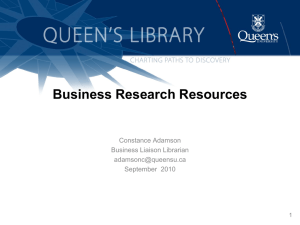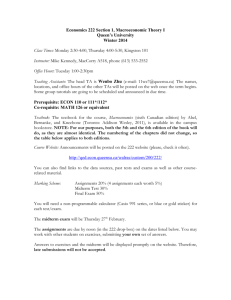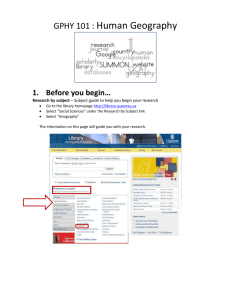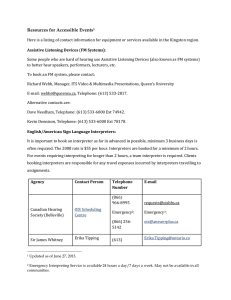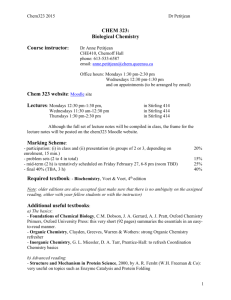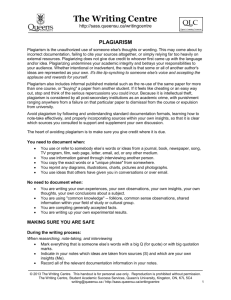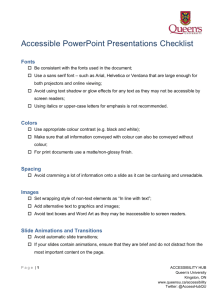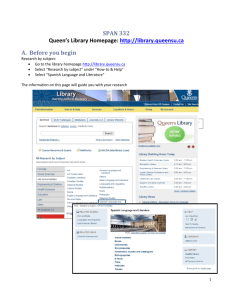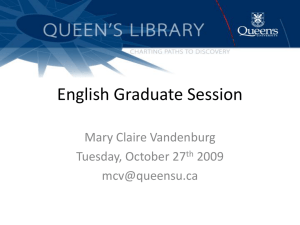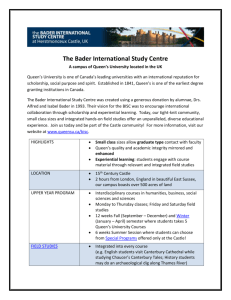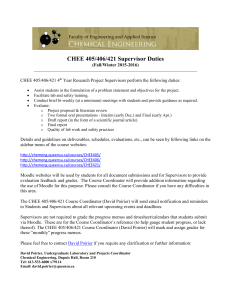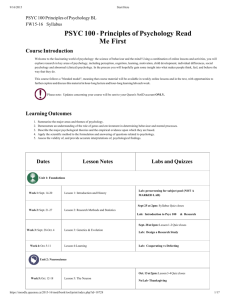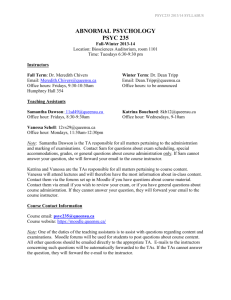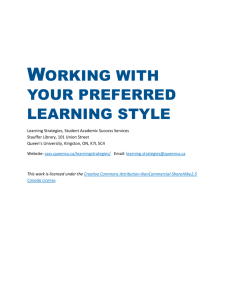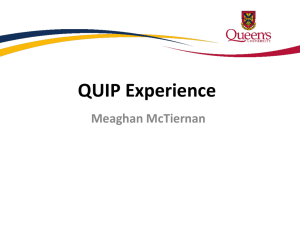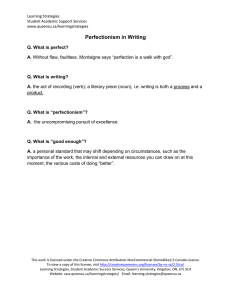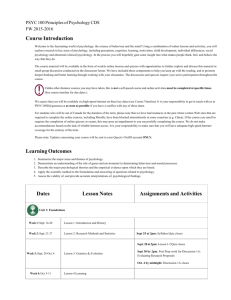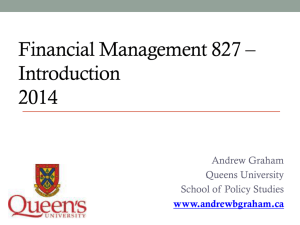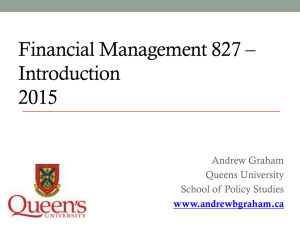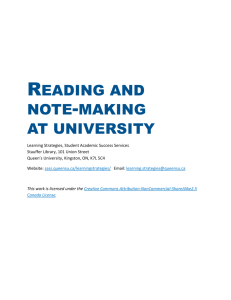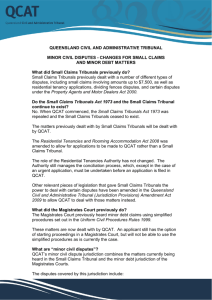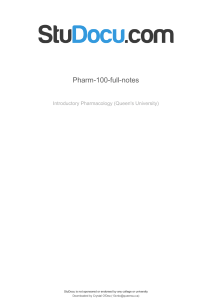Website Assessment and Critical Evaluation
advertisement
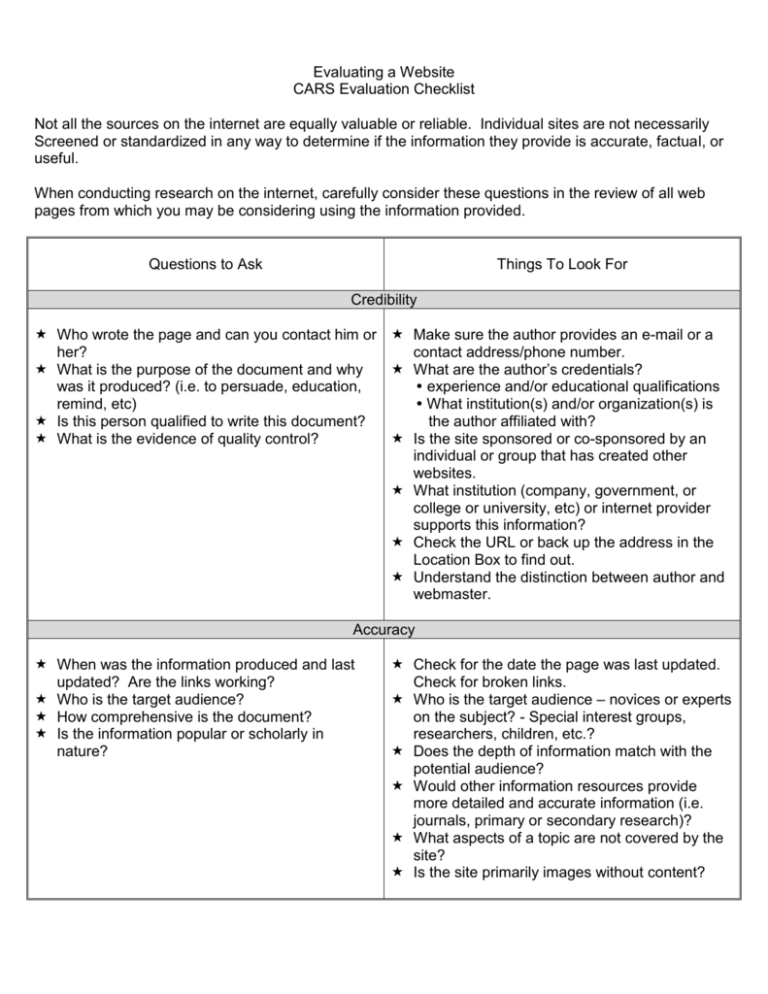
Evaluating a Website CARS Evaluation Checklist Not all the sources on the internet are equally valuable or reliable. Individual sites are not necessarily Screened or standardized in any way to determine if the information they provide is accurate, factual, or useful. When conducting research on the internet, carefully consider these questions in the review of all web pages from which you may be considering using the information provided. Questions to Ask Things To Look For Credibility Who wrote the page and can you contact him or Make sure the author provides an e-mail or a her? contact address/phone number. What is the purpose of the document and why What are the author’s credentials? was it produced? (i.e. to persuade, education, experience and/or educational qualifications remind, etc) What institution(s) and/or organization(s) is Is this person qualified to write this document? the author affiliated with? What is the evidence of quality control? Is the site sponsored or co-sponsored by an individual or group that has created other websites. What institution (company, government, or college or university, etc) or internet provider supports this information? Check the URL or back up the address in the Location Box to find out. Understand the distinction between author and webmaster. Accuracy When was the information produced and last updated? Are the links working? Who is the target audience? How comprehensive is the document? Is the information popular or scholarly in nature? Check for the date the page was last updated. Check for broken links. Who is the target audience – novices or experts on the subject? - Special interest groups, researchers, children, etc.? Does the depth of information match with the potential audience? Would other information resources provide more detailed and accurate information (i.e. journals, primary or secondary research)? What aspects of a topic are not covered by the site? Is the site primarily images without content? Questions to Ask Things To Look For Reasonableness What goals/objectives does this page meet? How detailed is the information? What opinions (if any) are expressed by the author? Is the page associated with some form of advertising? Determine if the page is a mask for advertising; if so, the information may be biased. View any webpage as you would an infomercial on television. Why and for whom was it written? Do messages appear across the screen prompting use of other services? Support Is the information presented cited correctly? Are supporting links on the topic provided? Is additional software required to view the site or access the information? Are viewing options recommended or available? Is the information free? Are references and a bibliography provided? Are the links evaluated and do they compliment the documents theme? Is there a comprehensive list of links that covers a range of resources? Are there pictures and/or graphs that provide useful extensions of information? Is supporting software provided? Is there an option for text only, or frames, or a suggested browser for better viewing? Are there provisions for accessing the information such as registrations or fees for service? Note: When trying to identify the author and/or producer of the website and/or information: Check the top or bottom of the page and/or article If a name is not given directly on the page, try opening the View menu and select “Source or Document Source” to find out who wrote the page and the date it was first written. Or, check the origin of the page by using a link to a “Home” or “starting page,” or go back to the address up in the Location Box to move closer to the Home Page. Part of a Web Address Example: http://stauffer.queensu.ca/inforef/qcat.html http: access method via web stauffer.queensu.ca website inforef file directory qcat.html file name Special Identifying Features queensu: “u” u for university queensu.ca: “ca” ca for Canada www.harvard.edu: “edu” for an educational institution www.cma-ontario.org: “org” for an organization http://lycos.com: “com” for a company Adapted from : CARS Evaluation Checklist. (2004, June 11). Queen’s University Library. Retrieved October 4, 2007 from http://library.queensu.ca/infoef/guides/evalchart.htm.
